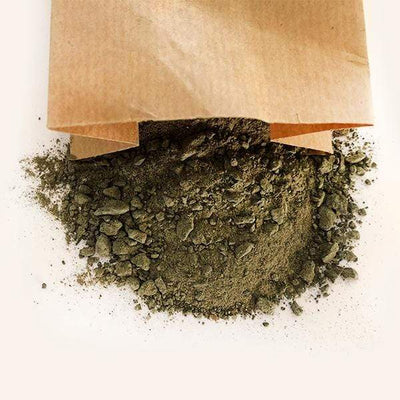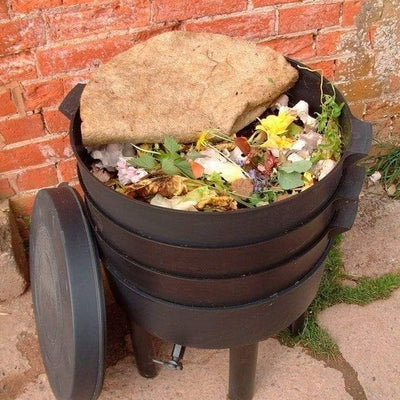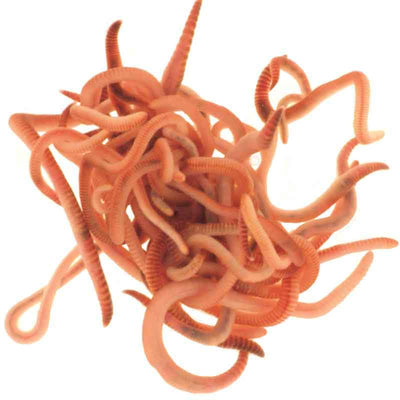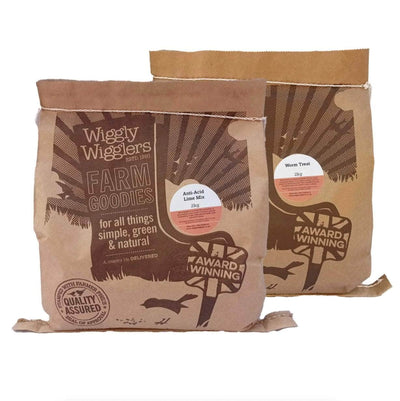https://www.wigglywigglers.co.uk/pages/the-new-wiggly-podcast
My next task is to make my own compost and so I am going to base my own recipe on coir and worm castings with a sprinkling of rock dust.
Coir
I like Coir blocks on a practical level as it means we are not shipping lots of water around the country – the blocks are easy to use and don’t take up much space. Coir is a good alternative to peat and the other benefits include:
- High water holding capacity.
- Acceptable pH & EC.
- Excellent wettability, superior to peat.
- Ability to retain nutrients against leaching
- Good drainage / aeration
https://www.wigglywigglers.co.uk/products/coir-blocks
Worm Casts
Easy to make in your worm composter – worm casts are packed with a lot of nutrients and minerals. Worm castings contain minerals such as concentrated nitrates, potassium, magnesium, calcium, and phosphorus. Worm castings are also a 100% organic fertiliser that can increase a plant’s yield, protect both soils around plants from diseases, and help the soil retain moisture.
Rock Dust
Volcanic rock dust is a fantastic natural source of minerals which helps to rejuvenate soils, helping boost soil fertility and plant growth
https://www.wigglywigglers.co.uk/products/volcanic-rock-dust
The recipe
Soak your coir and mix four parts coir with one part worm casts and a handful of rock dust each bucket full of compost. If you have sand add one part sand as well.
This will make a really good all round compost and cost very little indeed. Get Growing all x






